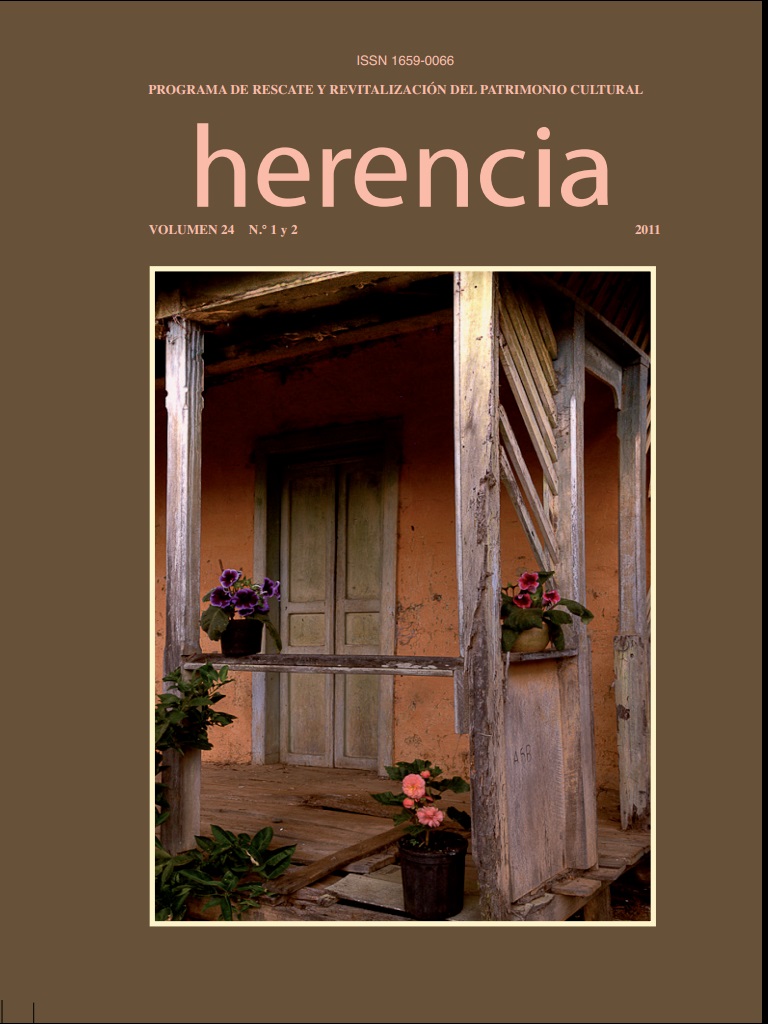Resumen
El papel del Tribunal Constitucional ha sido determinante para el reconocimiento, desarrollo y protección del patrimonio cultural como un derecho fundamental en Costa Rica. En el mundo jurídico no sirve de mucho reconocer derechos si, paralelamente, no se establecen sanciones y tribunales de justicia para el caso de su violación. “¡Where there is not remedy, there is not rigth!”.
Siguiendo esta lógica, dicho Tribunal ha declarado que el derecho al patrimonio cultural constituye un “derecho fundamental de tercera generación”. Esto implica, entre otras cosas, que el Estado tiene la obligación no solo de garantizar su cumplimiento, por la fuerza si es necesario sino, también, la de adoptar políticas públicas para su desarrollo y goce de las personas.

